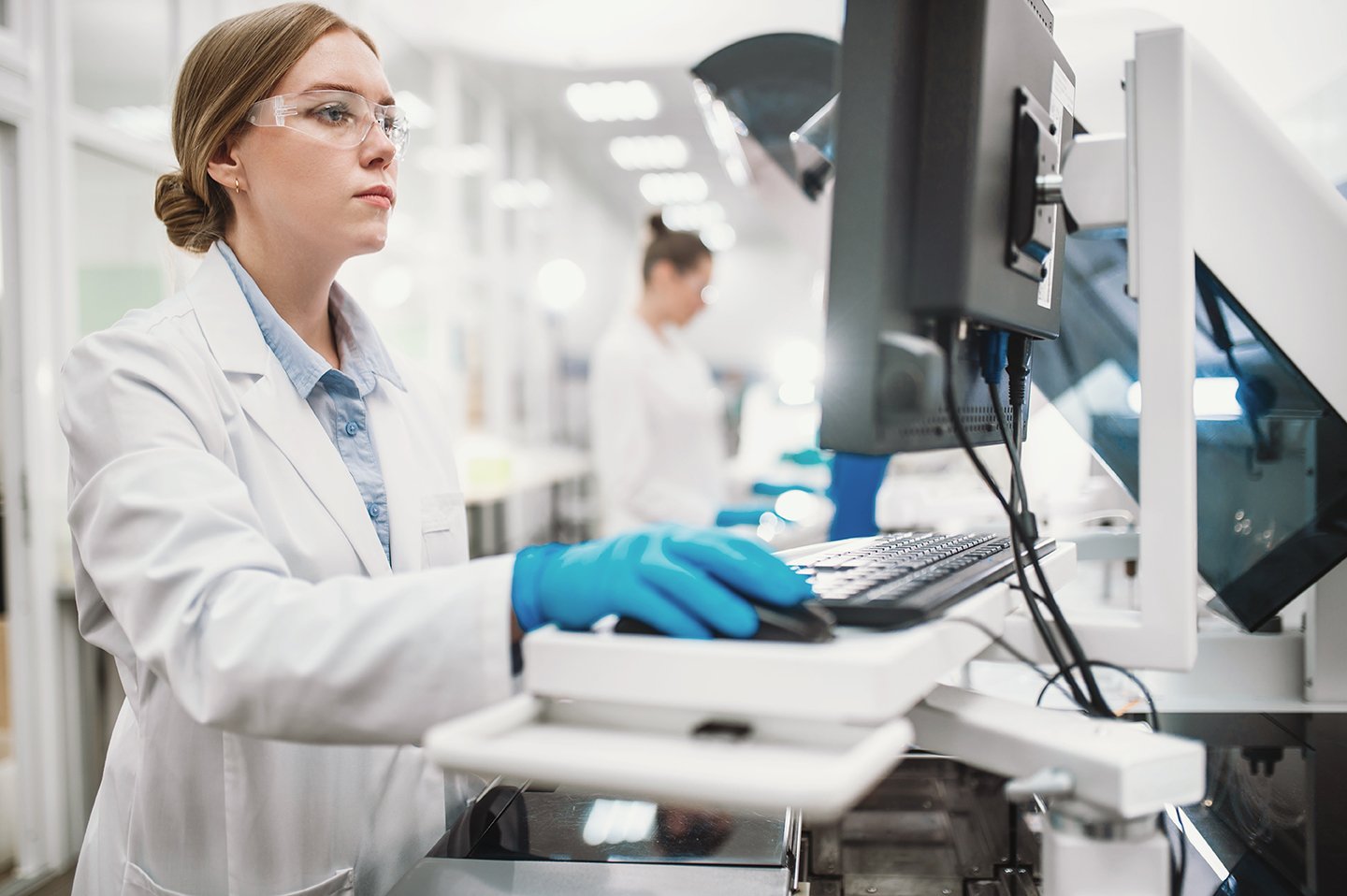The Importance of Troubleshooting in Quality Control
Quality control is essential in every medical laboratory, ensuring that diagnostic results are accurate, reliable, and, above all, safe for patients. Troubleshooting, as a proactive approach within quality control, plays a critical role in identifying and addressing issues early in the testing process. This white paper discusses the key takeaways and emphasizes the importance of troubleshooting in quality control for medical laboratories.
In respect of the quality goals, accreditation and compliance requirements for medical laboratories, quality control is central in the quality processes and procedures that ensure the accuracy, precision and reliability of diagnostics results. It delivers increased confidence in the release of patient results and ultimately supports our key concern of patient safety and care. Quality control, and by extension, troubleshooting, are fundamentally about safeguarding patients. Reliable laboratory results are essential for accurate diagnoses and appropriate treatments.
The ability to differentiate between systematic and random errors is a fundamental skill for laboratory professionals. Systematic errors are consistent and predictable, while random errors are caused by unpredictable fluctuations in test results. Troubleshooting requires recognizing these distinctions.

The 2s* and 3s rules are essential tools for identifying anomalies and deviations in data. They provide an early warning system, helping to spot potential issues within the testing process.
Comparing results with peer laboratories is an essential part of troubleshooting. This practice aids in identifying potential issues, promoting a culture of quality improvement, and ensuring quality control data accuracy and precision.
Strict adherence to manufacturers’ instructions for use (IFU) for reagents and equipment is non-negotiable. This adherence ensures accurate and reliable results while also addressing safety and compliance concerns.
Regulations and recommendations guide the process of setting analytical specifications. Here, the role of laboratory management is pivotal, as it ensures that the laboratory operates in compliance with standards, maintaining high levels of accuracy and safety.

External quality control material (such as independent or third-party materials) and proficiency testing is recommended. They help maintain accuracy, enhance reliability, and strengthen the laboratory’s reputation, bolstering the trust between healthcare providers and patients. It is important to be aware that the quality control material provided by the manufacturer of the reagent might have been optimized for the particular reagent lot and system combination and therefore may not always properly detect issues with the analytical process.
Above all else, the reliability of results is directly connected to patient safety. Accurate and reliable results build trust in the laboratory’s reputation, fostering a positive patient-provider relationship.
To further guidance on Troubleshooting, download the free white paper here.


